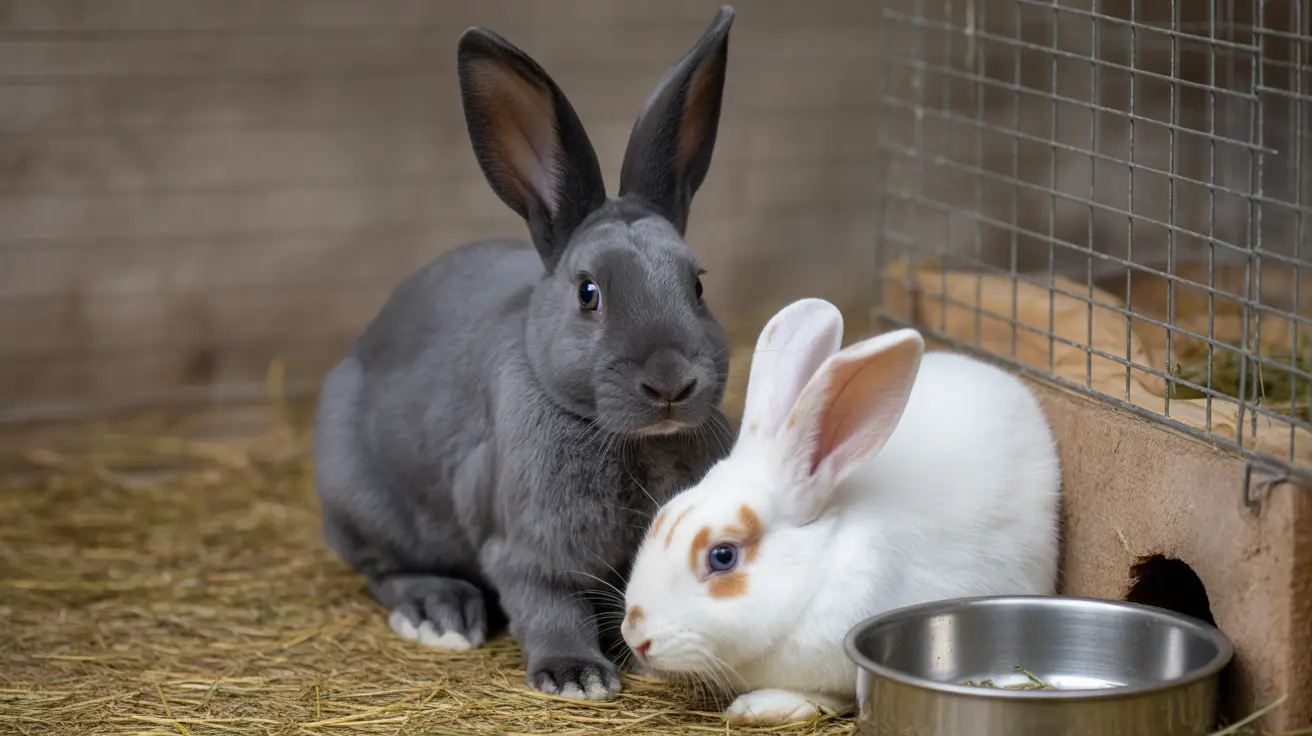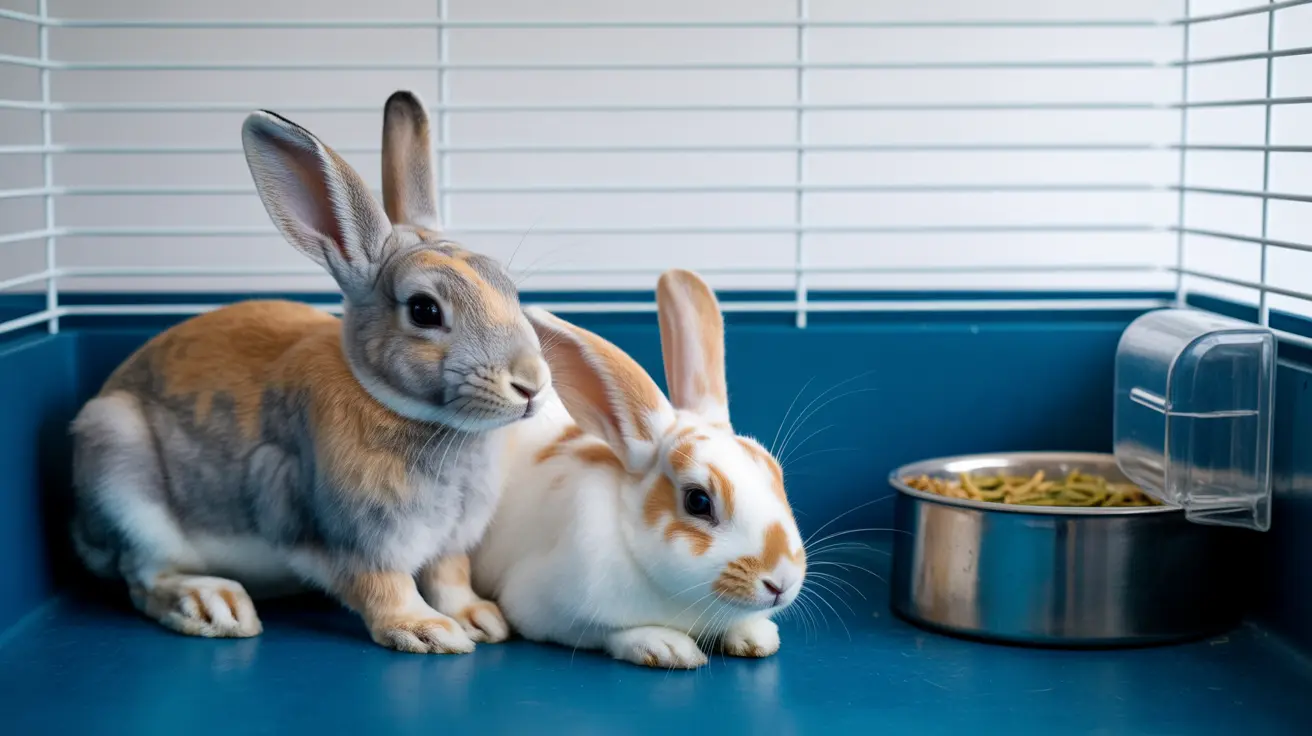Understanding Separation Anxiety in Salukis
The Saluki, often hailed as the “Royal Dog of Egypt,” is a graceful and ancient sighthound breed bred for speed, hunting, and companionship. While they possess a calm demeanor and loyal character, their sensitivity and love for human companionship can make them prone to separation anxiety when left alone too often or for long periods.
What Makes Salukis Prone to Separation Anxiety?
Salukis have a unique personality marked by gentleness, independence, and devotion to their human families. Though not overtly demonstrative, they form deep bonds and become attached to their household routines and environments. When these patterns are disrupted by frequent absence or prolonged solitude, some Salukis may experience distress.
There are several breed-specific factors that contribute to their sensitivity:
- High sensitivity to environment: Salukis thrive in calm, stable homes and may struggle with sudden changes or chaos.
- Attachment to family: While reserved with strangers, they are quietly affectionate with their families and enjoy companionship.
- Dislike for isolation: Salukis dislike being left out and often prefer to be near their owners whenever possible.
- Early life experiences: Lack of early socialization or being separated too early can heighten their anxiety levels later in life.
Signs of Separation Anxiety in Salukis
Not all Salukis exhibit separation issues, but some common signs of anxiety include:
- Vocalization (e.g., whining or barking when left alone)
- Destructive behavior (chewing, digging, or scratching at doors and windows)
- House soiling (urination or defecation indoors despite prior training)
- Excessive pacing or restlessness at departure cues
- Depression or withdrawal after owners leave
These behaviors, especially when disruptive or repeated, can signal the need to assess and adjust their environment and routine.
Preventing and Managing Separation Anxiety
Salukis require consistent companionship, positive engagement, and daily enrichment to minimize the risk of separation discomfort. Here are proactive ways to prevent or ease anxiety in these sensitive sighthounds:
- Gradual Alone-Time Training: Start with short periods of separation and slowly build up tolerance. Use cues that help your Saluki associate your absence with a positive routine.
- Enrichment Activities: Provide puzzle toys, safe chew items, or sensory games that keep them engaged while alone.
- Daily Exercise: Salukis are athletes. Provide 1–2 hours of exercise daily, including off-leash running in secure areas when possible, to reduce anxiety.
- Safe Spaces: Designate a secure, quiet area with their bed, toys, and calming scents where they can retreat while you’re away.
- Companion Animals: Some Salukis benefit from the presence of a second dog, especially another sighthound, to reduce loneliness.
When to Seek Professional Help
If anxiety significantly disrupts daily life or poses harm to your Saluki, consider contacting a certified behaviorist or veterinary professional. Treatment may include behavioral therapy, desensitization techniques, or medication support when standard interventions are insufficient.
Creating a Supportive Environment
Salukis flourish in homes where their need for affection, mental stimulation, and movement is respected. Some best practices for maintaining security include:
- Maintaining predictable routines
- Providing affection without creating over-dependence
- Offering consistent boundaries and positive training interactions
- Fostering a calm household atmosphere with older or respectful children
Owners who travel frequently or maintain hectic schedules should consider pet-sitting, doggy daycare, or involving trusted friends to provide companionship in their absence.
Conclusion
While not all Salukis will suffer from separation anxiety, many are sensitive, people-oriented dogs who do best in environments where they are not left alone for extended periods. With early training, mental and physical stimulation, and a stable home life, the risk of separation anxiety can be minimized—ensuring these majestic, loyal dogs thrive as truly royal companions.





